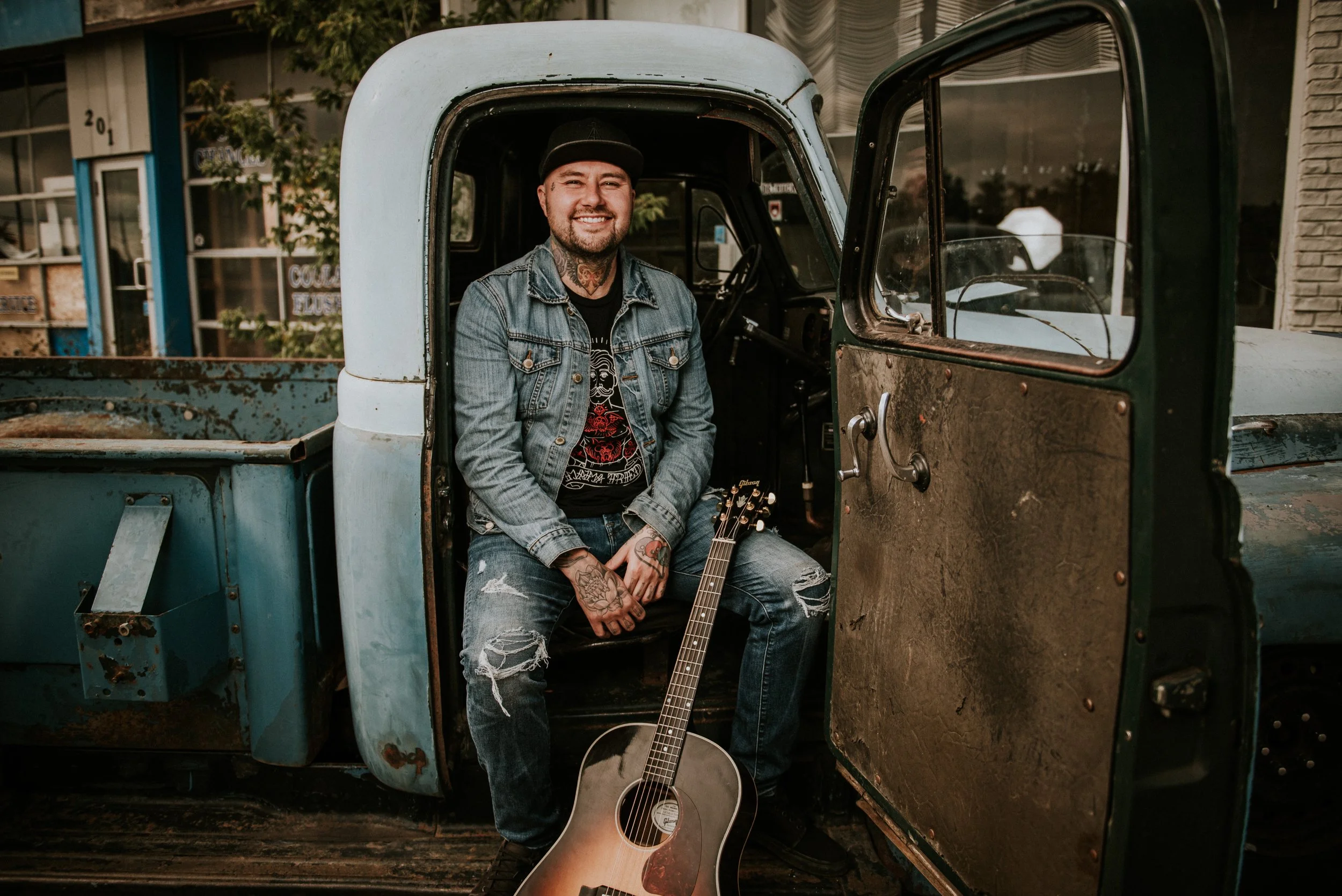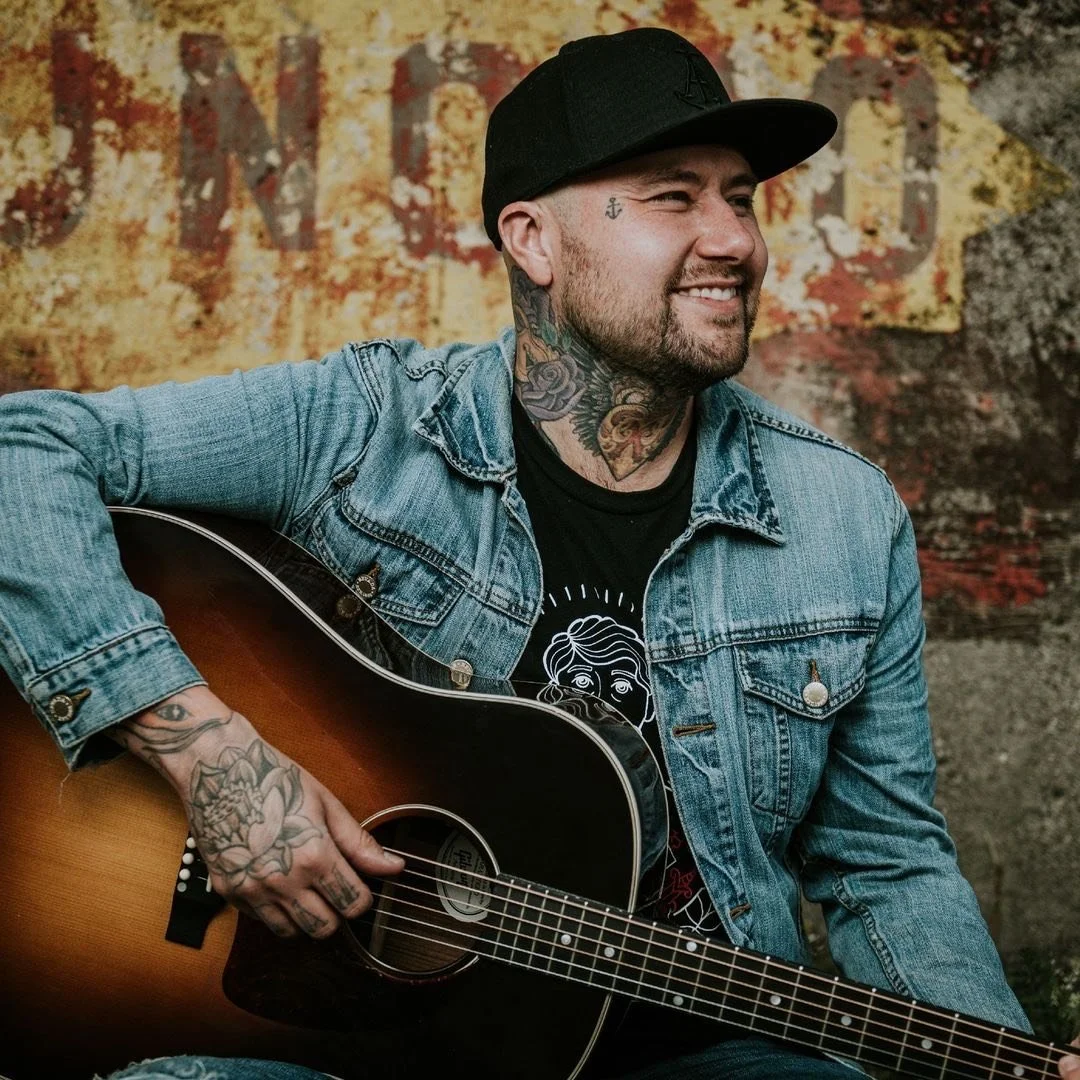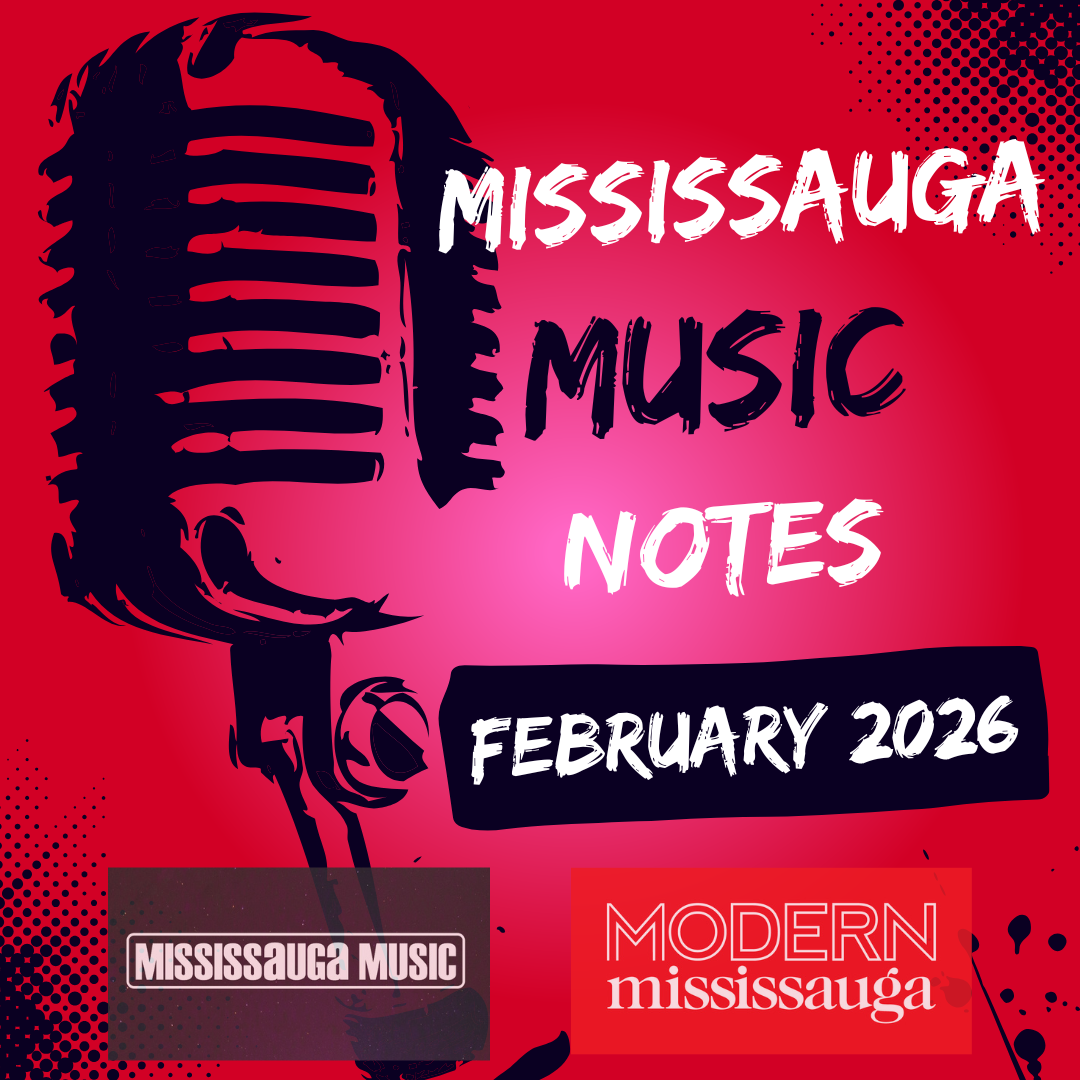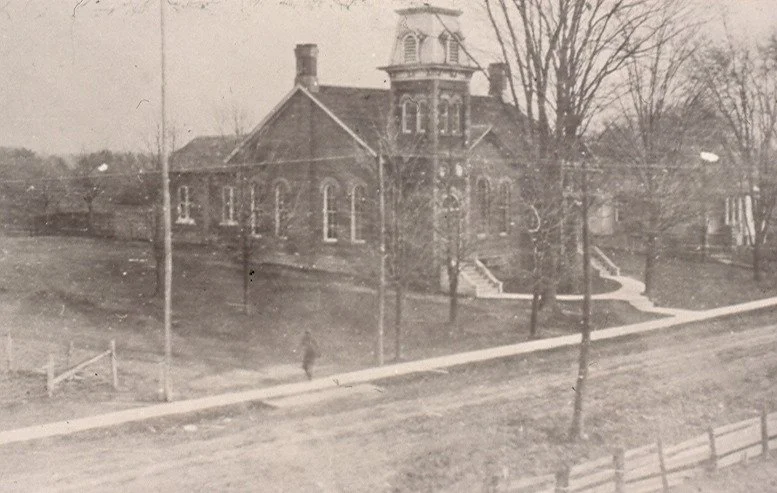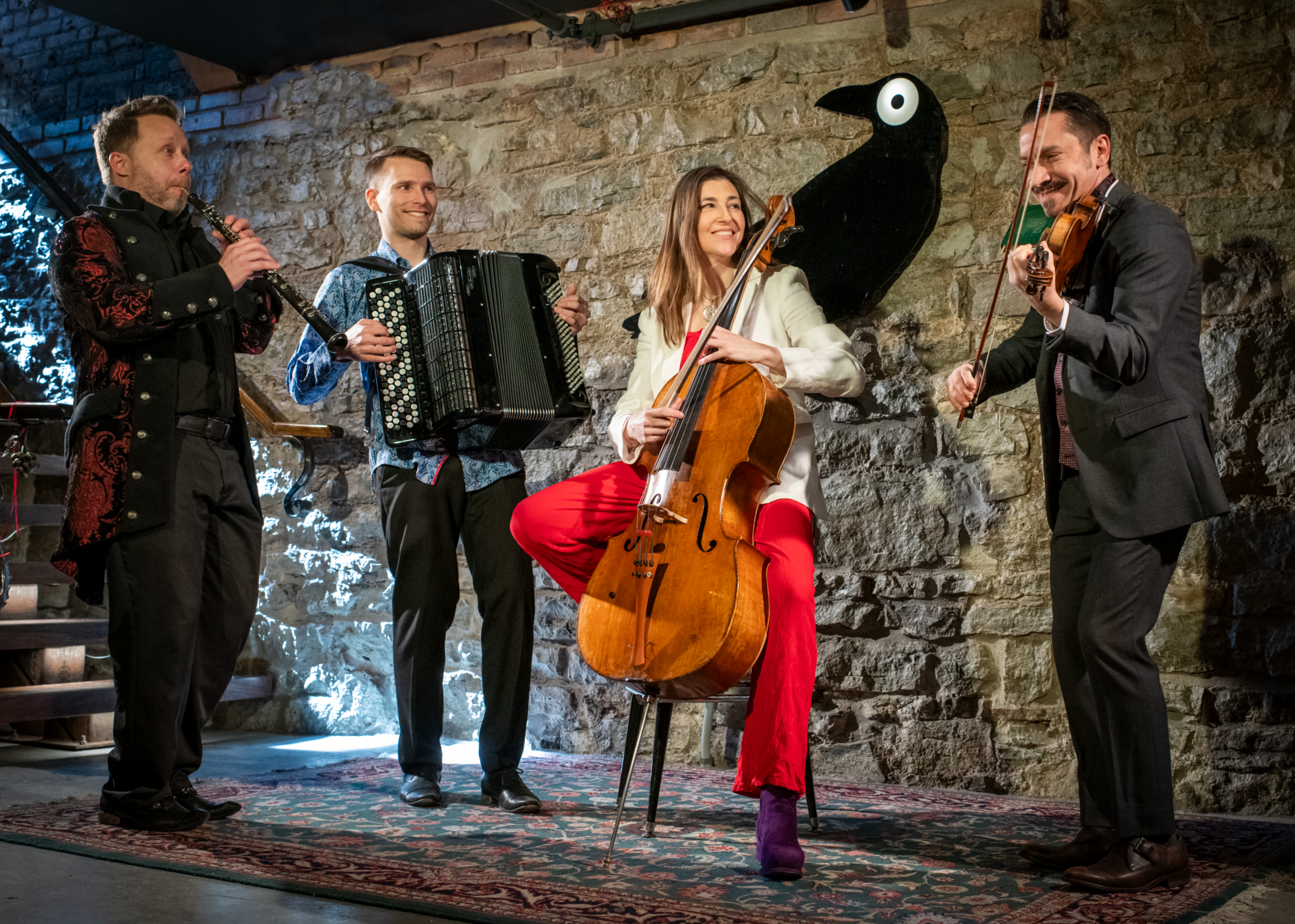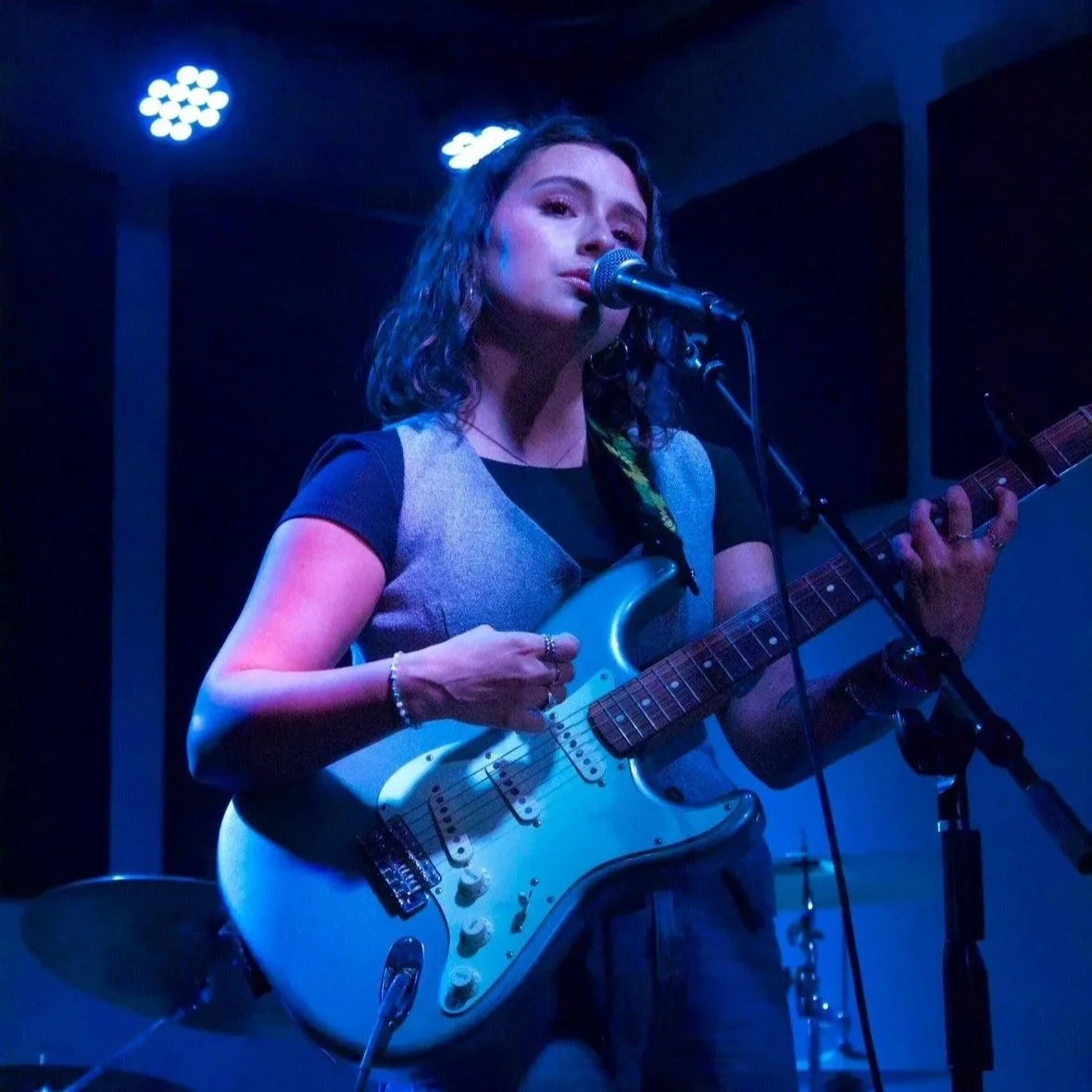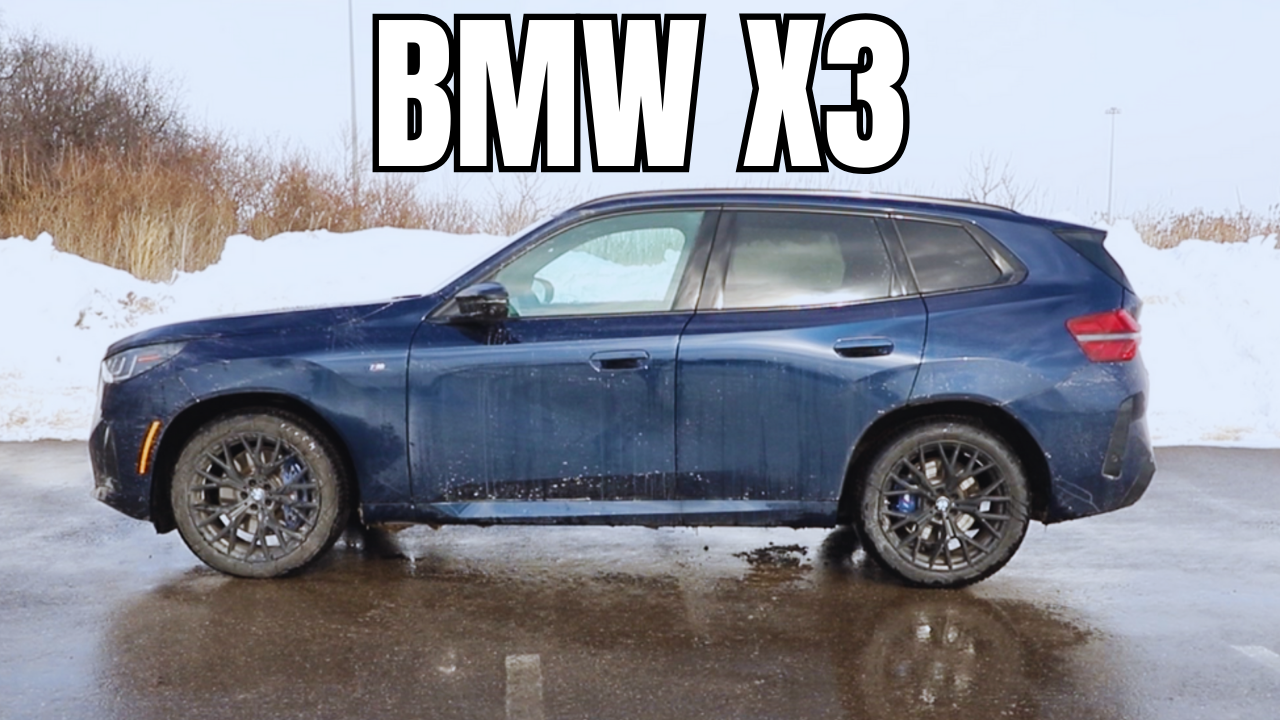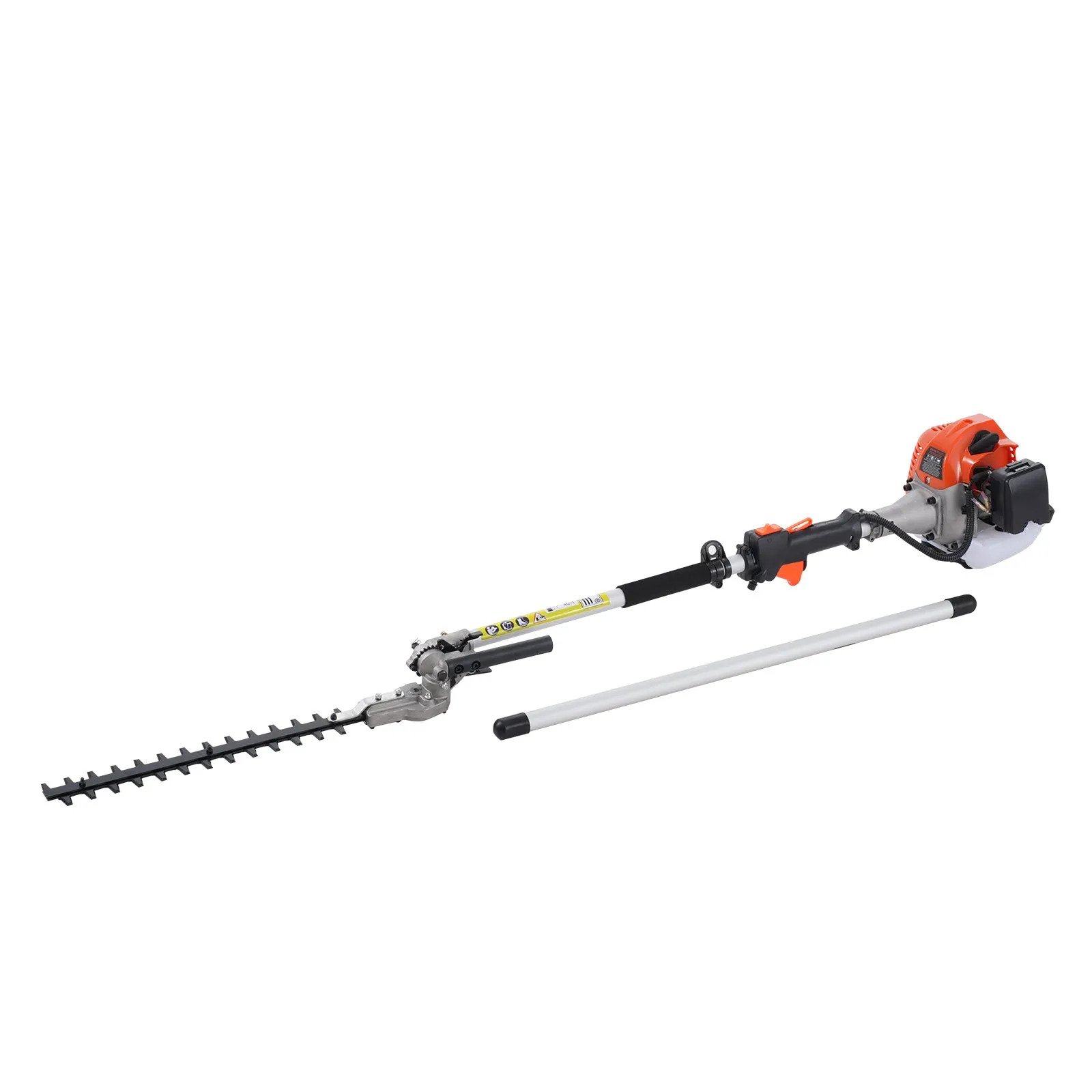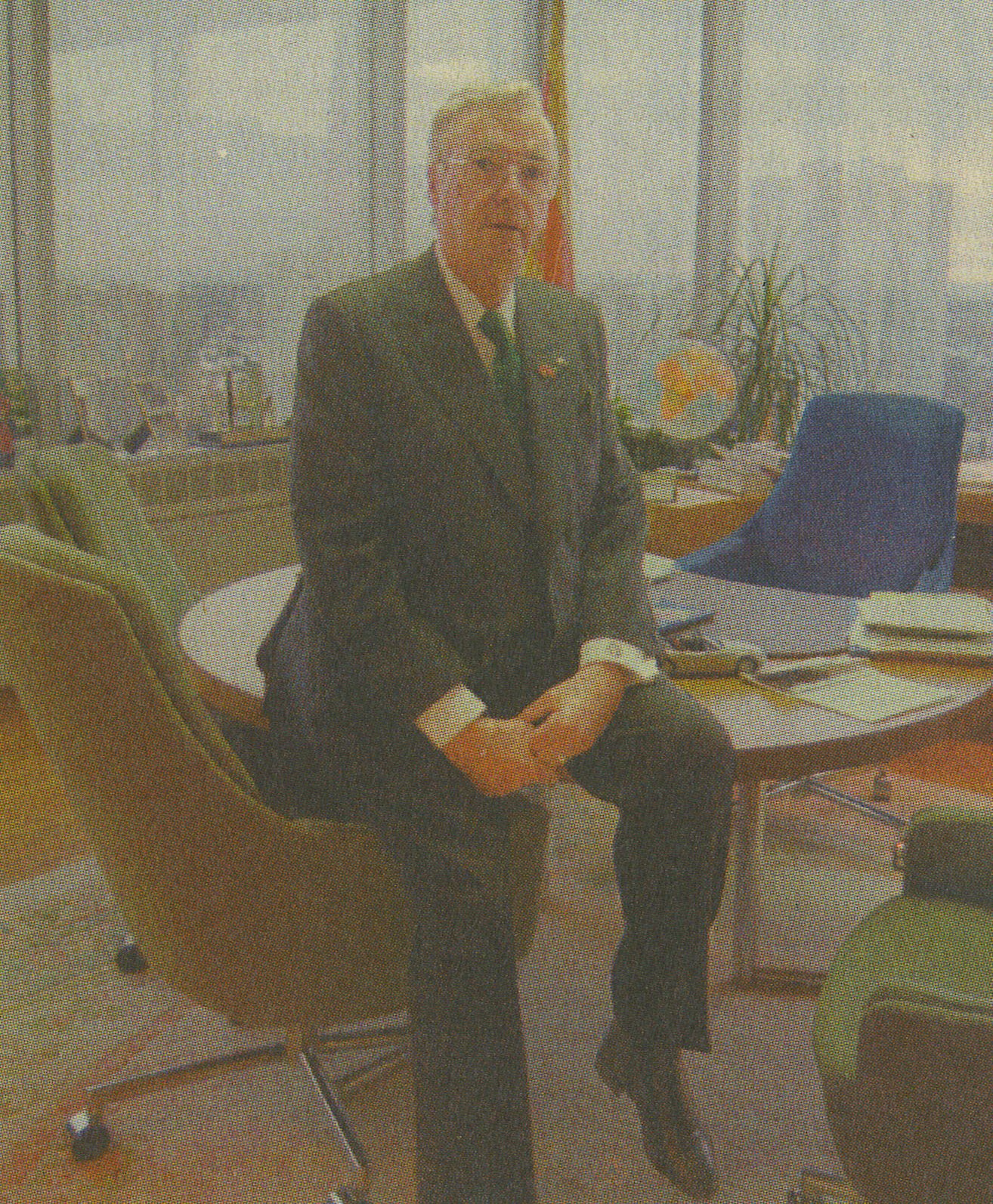Artist Glimpse - Aaron Allen
/Aaron Allen is a multi-award-winning country singer-songwriter whose music is steeped in authenticity and lived experience. His breakout EP “Highway Mile” and the heartfelt single “Good Tattoo”—an ode to his wife Aimee—cemented his reputation for writing songs that feel like conversations with the soul. But behind the accolades and nearly 5 million streams lies a deeper story: one of personal struggle, healing, and resilience. After stepping away from music to focus on his mental health, Aaron is ready to start sharing some new music reflecting growth, love, and the quiet strength found in vulnerability. I’m honoured to share a glimpse into the heart of a man who writes not just to be heard, but to heal.
Rob Aguiar: Before bursting upon the Canadian country scene, you spent years honing your craft, while running a family tattoo business. When did you know you were headed down the songwriters path?
Aaron Allen: I’ve been writing songs since the age of 12 and I’ve always dreamed about doing it as a career. I was lucky enough to achieve that. It took 20 years or so but the 12 year old inside me is very proud we made it here.
“When I choose to record a song I will only choose a song that has a strong message that I want to leave behind to my children”
RA: Your new single, “While I Can”, like much of your music; feels deeply personal and reflective. What drives you to write with such vulnerability, and what do you hope it sparks in others? Would you mind performing it for us today?
AA: For me songwriting has always been a therapeutic outlet. Writing emotions on paper is a great way to self reflect and further understand things you may be going through that may not be clear in the mind. It’s a very personal process and it’s the only way I really know how to do it. I hope that others can relate and see themselves in this song. Maybe it can help them with something they may be having trouble with. Maybe they will not feel so alone. Or maybe it will put a smile on their face. Whatever it is, I hope it does good in the world.
RA: You have recently taken time away from music to focus on some serious mental health struggles—what has that journey looked like, and how has it shaped your sense of self and artistry?
AA: Yes, I’ve been dealing with severe Complex Post Traumatic Stress Disorder. It’s been a tough journey but I’m recovering well. The diagnosis is still very fresh so I’m just taking it one day at a time. I’m meditating and doing a lot of inward therapy. Healing my inner child and grieving past trauma I haven’t been unable to grieve. I stepped back from music because it was becoming a stressor/trigger. When I started making music for the charts and listening to others’ opinions on what I should do with my art it became very untherapeutic. The agenda of the top tier of music creation has very little to no substance, in my opinion. This music is a product that needs to sell and then sell other products, such as alcohol and commercial ad space. There’s no movement to help others. It’s actually severely toxic to the world and the fragile artist who wants to connect with others but is persuaded to make generic regurgitations of whoever is currently popular. After I lost myself in this industry I hit a low. This mental crash or mental breakthrough as my therapist reminds me, has helped bring me back to the heart of it all and I now remember why I do this. I’m grateful for the journey as it’s brought back the true artist in me.
RA: You’ve written and performed alongside your wife Aimee for years. You’ve shared with me that you have about 10 unreleased songs that reflect the deeply personal journey of reconciliation that you both have been on together. What has that creative partnership and the ebbs and flows that are present in any relationship taught you—about music, love, and life itself?
AA: We’ve been singing side by side for 25 years now. Our relationship faced its toughest challenges in the past two years. Those challenges lead us to writing songs together for the first time ever. Writing about what we were going through brought us closer together and helped us navigate the feelings we were dealing with. You will hear it in those 10 songs. They are real moments that we went through. Life is fragile and precious. I know that now more than ever.
RA: You and I have spoken about how as an independent artist you have greater freedoms to embrace your fragility and enhance your emotional intelligence and therefore your confidence. How has this personal evolution influenced the way you write?
AA: I would say the biggest change has been song choice. When I choose to record a song I will only choose a song that has a strong message that I want to leave behind to my children. There have been vulnerable songs that cut deep for me and I’ve been told “Aaron, no one wants to cry on their drive to work”. Well, that may be true but I believe tears are a healthy release and can bring joy. Holding them in brings confusion. Too many of us have little ability to cry actual tears. So I disagree. I believe many of us could use a good cry on the way to work and I want my songs to cut that deep. So now I’ll release what I want. One of my favourite songs is Elephants by Rachael Yamagata. When I need to cry I listen to that song. It’s a shame I can only find one song to cry to.
RA: Aaron, you are proof that some of the most resonant music comes not from perfection, but from honesty. Your journey through hardship and healing—is a testament to the power of vulnerability and connection. Thank you for sharing your heart with us today!


